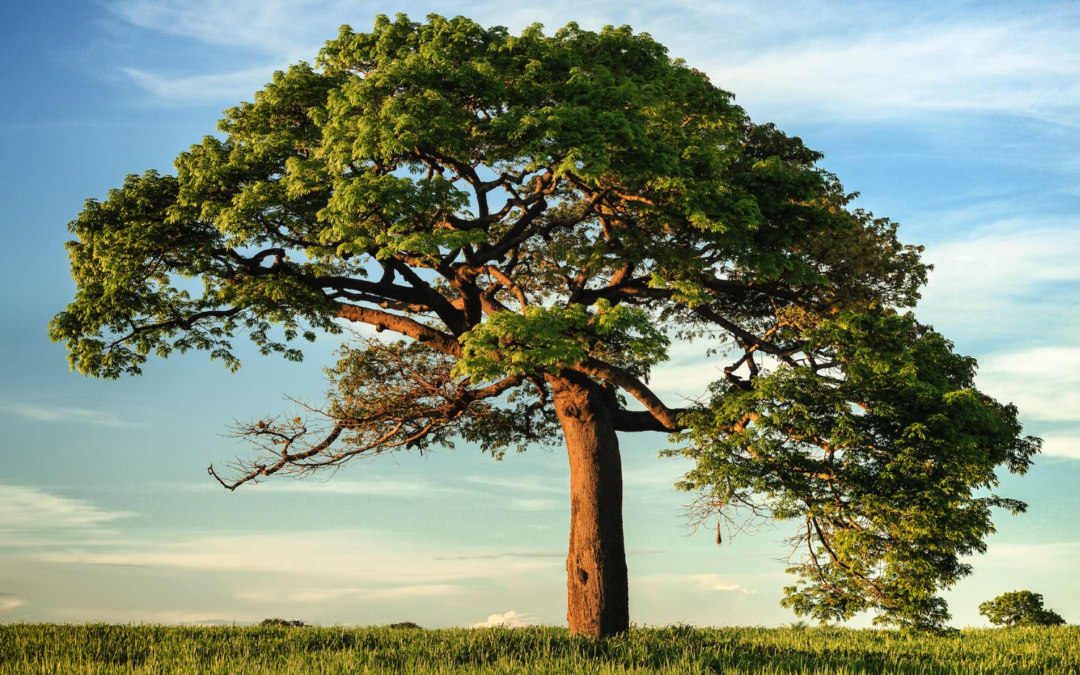Image Credit: niko photos via Unsplash
I recently re-read “EcoMind: Changing the Way We Think to Create The World We Want,” by Frances Moore Lappe. I remember reading it when it came out in 2011, and I find myself drawn back to it now. In the book, she identifies eight “thought traps” contributing to keeping us stuck in the status quo. Thought Trap Six is that people are just so disconnected from nature that we might as well give up thinking that people are motivated to protect nature anymore, that “Humans Have Lost the Connection to Nature.”
As we at OneNature have shared before, humans have an innate connection to nature, sometimes called biophilia. People need nature to survive – by providing food and water, and by regulating air and water quality, and other ecosystem services that nature provides us. People need a connection with nature to thrive. Plenty of research demonstrates that being in nature, hearing bird songs, interacting with other species, and having urban green spaces make people feel better.
In her chapter on this “thought trap,” Lappe quotes French writer Antoine de Saint Exuper “If you want to build a ship, don’t drum up people together to collect wood, and don’t assign them tasks and work but rather teach them to long for the endless immensity of the sea.” She builds on that sentiment and suggests that we can do more than “teach children about the environment” and instead “instill in them a longing for nature’s endless immensity.”
OneNature believes this longing exists within all of us- though it may be more deeply buried in some than others.
Lappe ends the chapter by saying, “We can count on one thing for sure: Humans evolved to love nature. So city dwellers, too, can and are rediscovering that natural connection, finding that it enhances our health, learning, and fun. As we reconnect with nature in all these ways and more, it’s likely that support for public action to heal the natural world will grow too.”
